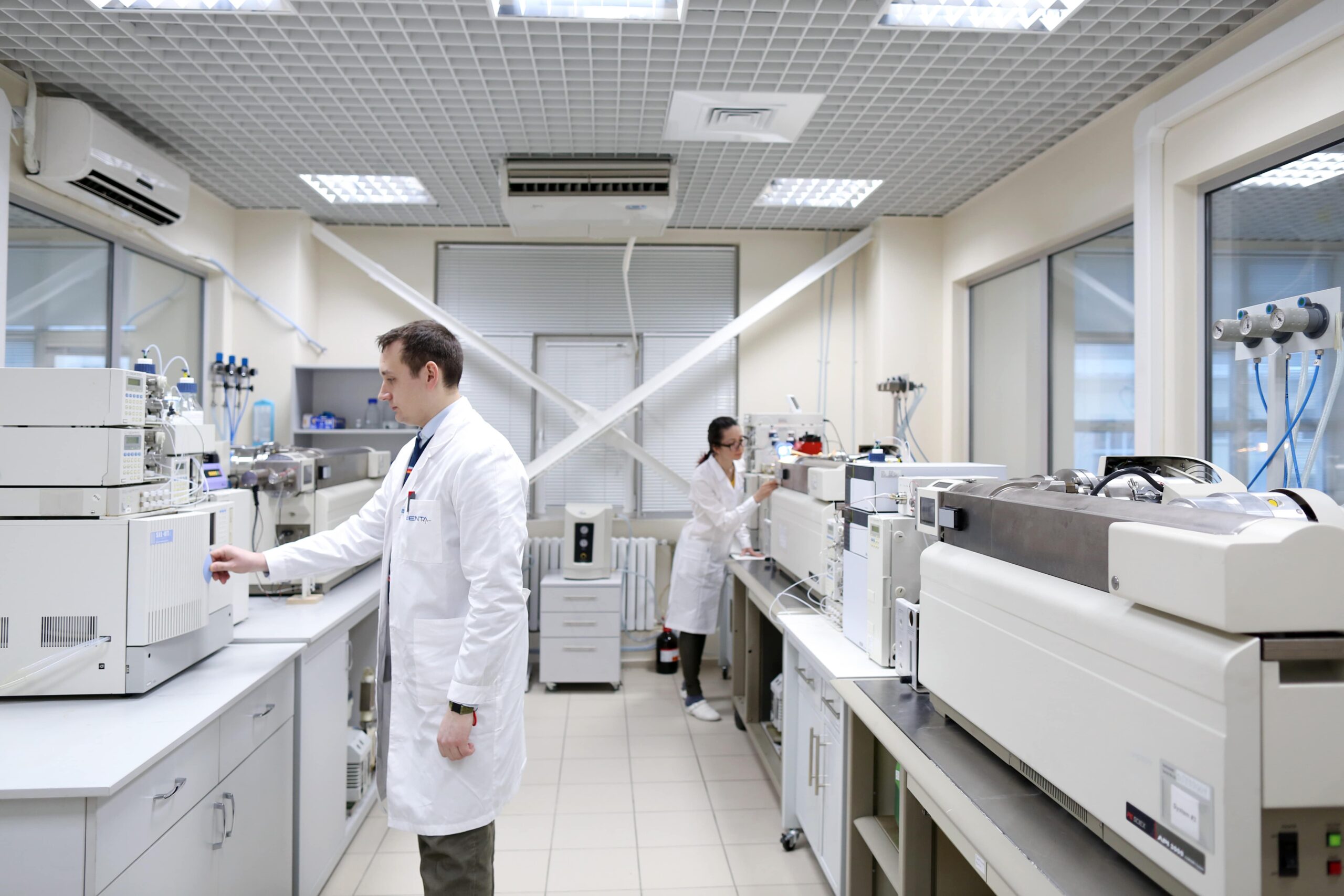Integrity, quality, and regulatory compliance are the core values of a bioanalytics company. Bioanalytical laboratories can balance these values to deliver cutting-edge bioanalytical solutions for real-world applications. These solutions can help transition a drug product from the early discovery and screening process through preclinical and clinical studies. Besides, several bioanalytical labs offer services globally, supplemented with additional resources to meet all scientific requirements. The current article explores bioanalytical laboratories. This article is divided into three core sections: expertise, services, and solutions.
Expertise in bioanalytics company
The analytical laboratory has extensive experience in handling several bioanalytical systems. Following are some expertise of a bioanalytical laboratory.
Liquid Chromatography-Mass Spectrometry (LC-MS)
LCMS is a robust technique for analyzing drugs and their metabolites.
HPLC Method Development and Validation
High-performance liquid chromatography is one of the most widely used techniques in drug bioanalysis. Bioanalytical laboratories have deep expertise in HPLC method development and validation.
Mass Spectrometric Analysis
Robust platform for expediting bioanalysis.
Meso Scale Discovery Assays
Meso Scale Discovery assay employs electrochemiluminescence detection and multiarray technology to deliver a highly dense and rapid analysis of biological samples.
ELISA Assay
ELISA assays have been a gold-standard method for detecting and quantifying analytes in complex study samples.
Luminex Multiplex Assay
This assay is an xMAP-based technology comprising of bead-based flow cytometry system for analyzing multiple analytes in study samples.
Method Transfer
Deep expertise in improving and developing research methods before transferring them to sponsors and drug development clients.
Services offered by bioanalytical laboratories
Pharmacokinetic Studies
A reliable approach to assessing drug movement throughout the body.
Toxicological Studies
In vitro and in vivo toxicological studies, including toxicity and safety evaluation for IND submissions.
Bioequivalence and Bioavailability Studies
The primary difference between bioequivalence and bioavailability studies is that bioavailability is the fraction of drug compounds available at the site of action. In contrast, bioequivalence is concerned with demonstrating equivalence between two drug products.
PK/PD Modeling
A robust approach for linking drug exposure to its therapeutic effect.
Dose Formulation Analysis
Test for assessing specificity, homogeneity, testing concentration, and stability of determined dose formulations.
Drug Metabolism and Pharmacokinetics
A reliable approach to understanding toxicity, therapeutic index, drug dosage, and its interaction with pharmacokinetics and drug metabolism.
Biomarker Testing Services
Robust solutions for detecting and quantitating biological markers that are indicators of normal or pathological processes or therapeutic responses to an intervention.
Bioanalytical Solutions
Bioanalysis
Small and large molecule assessments through several robust bioanalytical methods such as LC-MS/MS, qPCR, ELISA, MSD, and much more.
GLP Laboratories
GLP labs assess all study protocols to ensure they conform to ICH, US FDA, and GLP recommendations.
Clinical CRO
Drug efficacy and safety studies in human subjects to assess its effectiveness and determine drug doses for the intended patient population.
Clinical Trial Management and Sample Storage
An integral component of drug development, sample management, and storage services to maintain full custody of study samples.
Discovery and Research
Identifying and validating target molecules and assessing their activity and functional behavior.
In Conclusion
Bioanalytical laboratories are the primary space where cutting-edge technology meets real-world applications. Moreover, they are beneficial in accelerating drug development timelines and bringing safe and effective drug products to the market.

